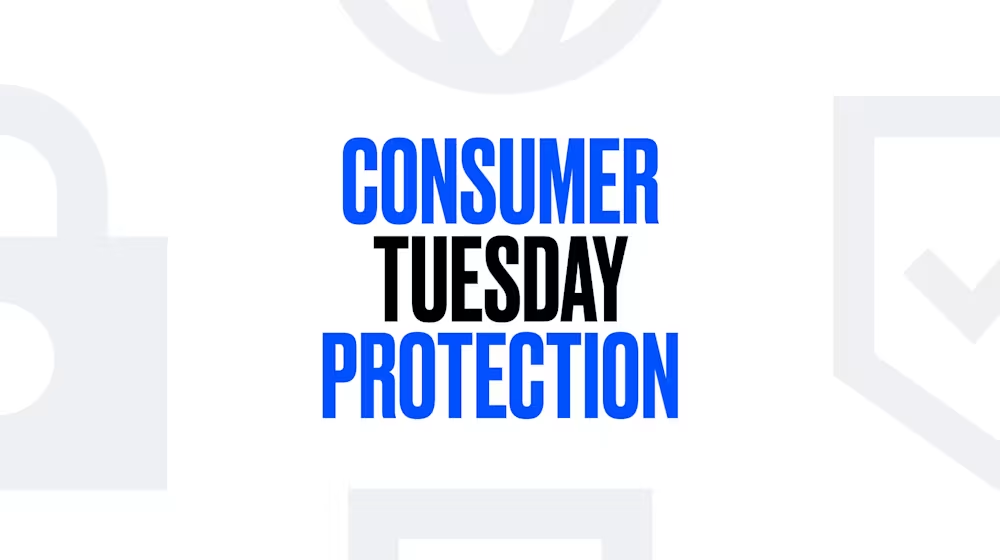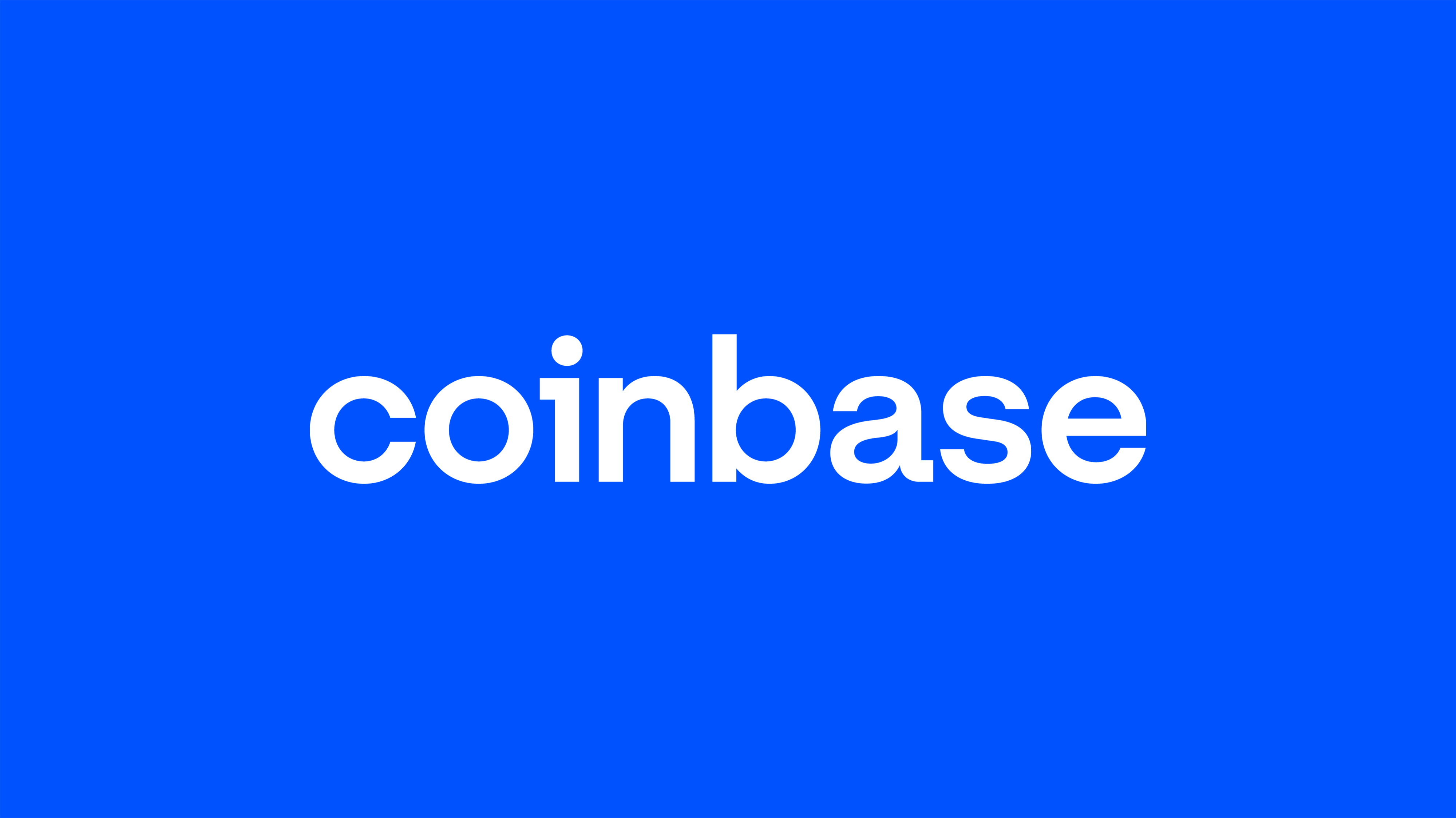Consumer Protection Tuesday: How to Talk to Your Kids About Crypto Scams in Games and Apps
Tl;dr: Kids and teens are spending more time online in games and apps, and so are scammers. Whether it’s a fake giveaway, a hacked mod, or a too-good-to-be-true investment offer, these scams are designed to steal personal info or digital funds. Talking to your kids can make all the difference.

This post is part of a weekly Tuesday series at Coinbase about the latest consumer protection and security measures for crypto owners.
At Coinbase, we’re on a mission to help update the financial system to make it safer and more secure. While only 0.14% of blockchain transactions are used for illicit activity, and cash remains the preferred medium for illegal transactions, crypto security is always a top priority. Coinbase maintains a robust compliance program, which includes Know Your Customer (KYC) checks, sanctions screenings, suspicious activity reporting, and strong law enforcement partnerships to detect and prevent illicit activity on our platform.
Why Parents Need to Get Involved
Whether your child is battling in Fortnite, building in Minecraft, or scrolling Discord or YouTube for cheat codes and tutorials, know that scammers are there too—blending into digital spaces designed for fun.
Some are after clicks. Others are after crypto. And some are after your child’s identity or your family’s money.
You don’t need to know how Ethereum works or be fluent in blockchain slang. You just need to know the threats and how to talk about them.
Scenario 1: The Fake Giveaway
What your kid might hear: "You’ve been selected to receive 500 Robux in crypto—click the link to claim!"
What’s really happening: The link leads to a fake site that asks for wallet access or login credentials. Once granted, the scammer can drain digital wallets—or sell the info on the dark web.
What to say to your child:
“If a game or user promises free stuff and needs your login or wallet, it’s almost always a scam. Real companies don’t work that way.”
Scenario 2: The Crypto-Investor Gamer
What your kid might hear: "I turned $10 into $300 with this crypto bot. Want me to show you how?"
What’s really happening: This is a social engineering scam. The scammer builds trust and then asks for crypto, gift cards, or personal data in exchange for fake investment advice.
What to say to your child:
“Nobody online can guarantee quick money—especially not in games. If someone says you can invest and double your crypto, it’s a scam.”
Scenario 3: The Mod Trap
What your kid might hear: "Download this mod to unlock unlimited coins!"
What’s really happening: The download contains malware or a keylogger. Once installed, it can track keystrokes, access apps, or steal login and crypto wallet data.
What to say to your child:
“Before we download anything for a game, let’s check it out together. It only takes one bad file to hack your device or steal your info.”
Scenario 4: The “Support Team” Impersonator
What your kid might hear: "We noticed suspicious activity on your account. Please verify your wallet here."
What’s really happening: Scammers pretending to be game support teams or influencers will ask for verification to ‘fix’ your account—only to hijack it or steal funds.
What to say to your child:
“Game companies or influencers won’t message you privately about your account. If you ever get a message like that, show me first.”
5 Ways to Empower Your Kids to Stay Safe
1. Talk About Red Flags Use real-life examples or stories like the ones above. Kids remember scenarios better than warnings.
2. Set Digital Boundaries Together Mutually agree on ground rules, like “no clicking unfamiliar links,” “no chatting with strangers about money,” and “always ask before sharing information.”
3. Use Tech Tools Activate parental controls, app restrictions, and device notifications for app installs and wallet activity.
4. Be Open and Approachable Let them know they won’t get in trouble for reporting something suspicious. Scammers thrive on silence and shame.
5. Normalize Skepticism Online Just as you teach kids not to talk to strangers in public, teach them to be cautious with online offers—even if they seem fun or exciting.
It Starts with a Conversation
Crypto scams in games and apps aren’t going away, but a 10-minute conversation can be a powerful defense. Kids don’t need fear—they need facts, guidance, and the confidence to pause and ask questions.
At Coinbase, we believe digital literacy is just as important as financial literacy. Together, we can help raise a generation that knows how to stay safe while having fun online.
